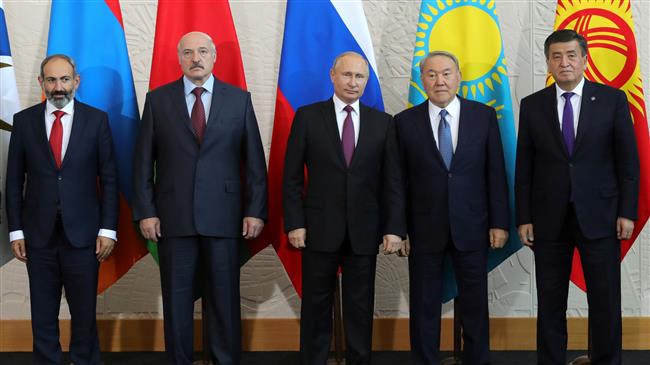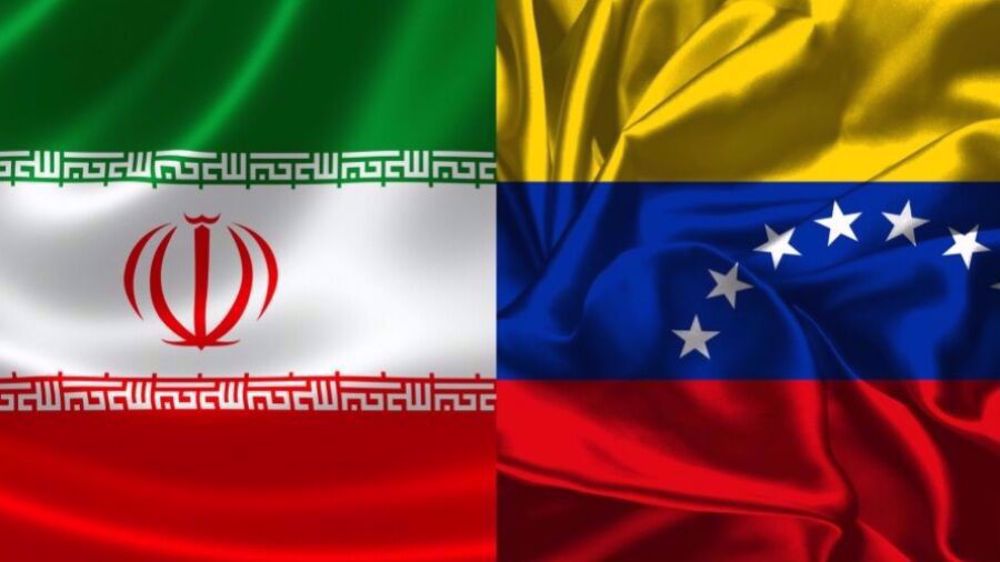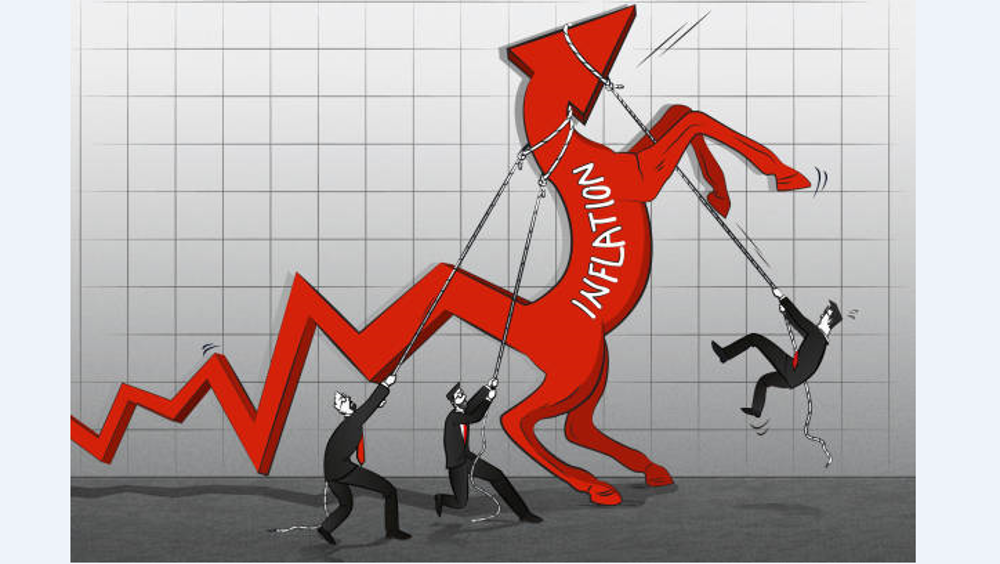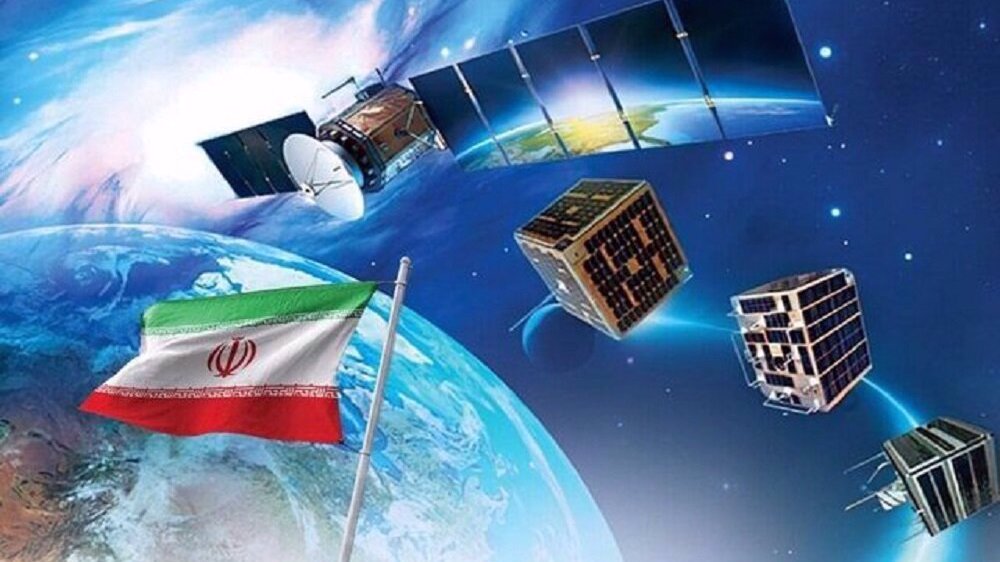Iran watchdog approves trade deal with Eurasian Economic Union
The Iranian government has cleared a last hurdle to its bid to launch a free trade zone with the Eurasian Economic Union (EAEU), a major regional organization which could help Tehran increase its revenues from non-oil export at the time of increased US sanctions.
The spokesman of Iran’s Guardian Council, which oversees government’s accession to regional and international treaties, said on Wednesday that the body had approved an agreement signed on May 17, 2018 between Iran and the EAEU that was meant to facilitate trade between the two sides.
Abbas Ali Kadkhodayi said on Twitter that the Guardian Council viewed the deal as a major component of Iran’s strategy to forge better relations with countries in the East.
“This agreement will be a substantial help to (Iran’s) economic development and to defeat sanctions using diplomacy and the potential of international and regional organizations,” said Kadkhodayi in his tweet.

Based on the deal, Iran, a non-member to the World Trade Organization (WTO), seeks to enjoy the benefits of trading on WTO terms with the EAEU countries in a restricted free trade area.
In November, Russia, the dominant power in the EAEU, ratified the agreement which took some 18 months to negotiate.
The deal will be a significant boost to Iran’s efforts to diversify its economy and reduce its dependence on oil income.
Suffering from a new wave of US sanctions, Tehran is eyeing to significantly increase its non-oil trade with 15 nearby and neighboring countries, some of them, member to the EAEU.
The EAEU comprises of Russia, Belarus, Kazakhstan, Armenia and Kyrgyzstan, countries located to the north of a region in northern Asia and Eastern Europe which is called Eurasia.
Since its inception five years ago, the EAEU has managed to massively expand its trade with major economies in the Middle East and in East Asia.
Venezuelan military stands with acting president after US kidnapping of Maduro
VIDEO | Press TV's news headlines
VIDEO | Protesters in Toronto slam US kidnapping of Venezuelan president
Israeli troops detain, intimidate Palestinian toddler in West Bank
Iran says its investments in Venezuela face no major risk
Make ‘right decision’ or face more US pressure, Rubio tells Venezuela’s Rodriguez
VIDEO | General Soleimani honored in Kashmir, Kargil
US, Israel waging ‘soft warfare’ to destabilize Iran after June defeat: Top general











 This makes it easy to access the Press TV website
This makes it easy to access the Press TV website